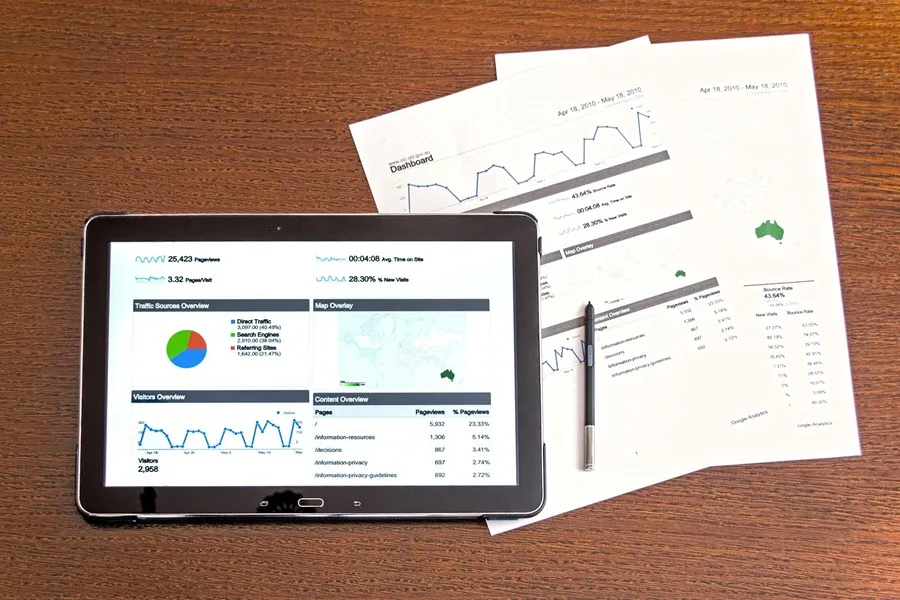15 Pros and Cons of Artificial Intelligence

Artificial Intelligence or AI has become a buzzword in almost every sector. However, just like all other
technologies, AI also has some positive and negative sides. In this article, you’ll walk through AI pros and cons in
the real world to make the best use of it.
Partnering with an AI Development Company can help businesses harness AI’s full potential, improving day-to-day activities and lifestyles by automating tasks. It is revolutionizing the way of working in multiple industries by facilitating effective decision-making. AI may transform numerous sectors by providing the following benefits.
The benefits of Artificial Intelligence
Reduce Human Mistakes
Humans are more susceptible to making mistakes while performing a particular task. The reason might be the difference in the rational ability of a person. AI-based machines facilitate error-free processing because data is compiled with designed algorithms for reduced errors and more accuracy.
Constant 24/7 Availability
Unlike humans, AI never takes rest or sleep. The technology helps individuals in all sorts of tasks whether they are looking to compress video and images or answer user queries. AI-based chatbots can manage multiple queries simultaneously with improved precision and no delays.
Automates Repetitive Tasks
Humans need some breaks to recharge themselves. AI-based machines automate repetitive tasks for an unlimited time without any slowdown. Manufacturers use AI for constant production and quickly meet the market demands. It helps get more time to focus on being more creative and productive.
Recognizes Patterns
Artificial intelligence can make prompt predictions by identifying patterns within the data. This eventually helps with precise marketing decisions. Recognizing patterns in pictures, words, or numbers positively impacts marketing analytics capabilities and digital marketing plans.
Better Decision Making

This is one of the most striking AI advantages as no emotions are connected to AI-based machines to affect decisions. AI-based machines make logical decisions without considering emotions. AI works with many technologies for faster and more accurate future decision-making.
Minimizes Risk
The riskiest jobs that would be highly hazardous for humans can be performed quickly with no errors using AI-based machines. For example, Artificial Intelligence can determine the deepest depth of any sea, enter a volcano, and perform more tasks.
Digital Assistants
Many companies use AI-powered applications as digital assistants to perform automated work and save human resources and time. This also saves the expense of hiring more customer service staff. Alexa, Grammarly, and Google Maps are some examples of AI-based digital assistants.
Useful in Working with Large Data Sets
There is a greater need for artificial intelligence applications to work with large data sets in less time. It can receive and extract data quickly and helps with appropriate data interpretation and transformation.
Transform the Way Human Works
AI is bringing numerous inventions worldwide to help solve challenging queries easily, quickly, and automatically. It is transforming the way we used to work by finding more effective workflows and increasing productivity. It facilitates a way for humans and AI to work together.
Disadvantages of AI technology
Let’s now understand the disadvantages that the AI technology brings along.
Lack of Creative Skills
AI lacks creative inability and innovation, especially when used as a part of content marketing strategy. It can automate things but can’t mimic human skills and the brain. It can simply do the tasks it is programmed by humans. The smartness of AI-based machines depends on algorithms created by humans.
High Creation Cost
The cost of creating AI-powered machines is higher and can cost millions of dollars for large-scale projects. Small-scale companies or businesses that have recently started can’t easily afford AI. The cost of AI project development depends on scope, features, functionalities, upgrades, and maintenance.
Security and Privacy Issues

AI-based machines depend on large data sets to work effectively. With the huge collection and assessment of personal data, there is a possibility of data security and privacy issues. There is a risk of data breaches, misuse of credentials, and unauthorized access.
Decreased Employment
As AI-powered machines can do complex tasks through robots and algorithms, it is replacing many traditional jobs. Professionals who lack AI skills, concepts, trends, and expertise are finding problems in getting jobs. Increased unemployment affects livelihoods and a sense of community.
Dependency
As AI is widely used in several systems and processes, humans are depending more on it. The reliance can lead to multiple risks if there are any AI-associated malfunctions or failures. Dependency becomes problematic when decision-making and tasks depend entirely on AI.
Conclusion
As a futuristic technology, AI allows faster decision-making by automating repetitive tasks and providing digital support with error-free processing. But, at the same time, it can lead to increased unemployment by taking several traditional jobs through robots and algorithms. As you know the AI pros and cons, it’s up to you to decide when and how to use AI.